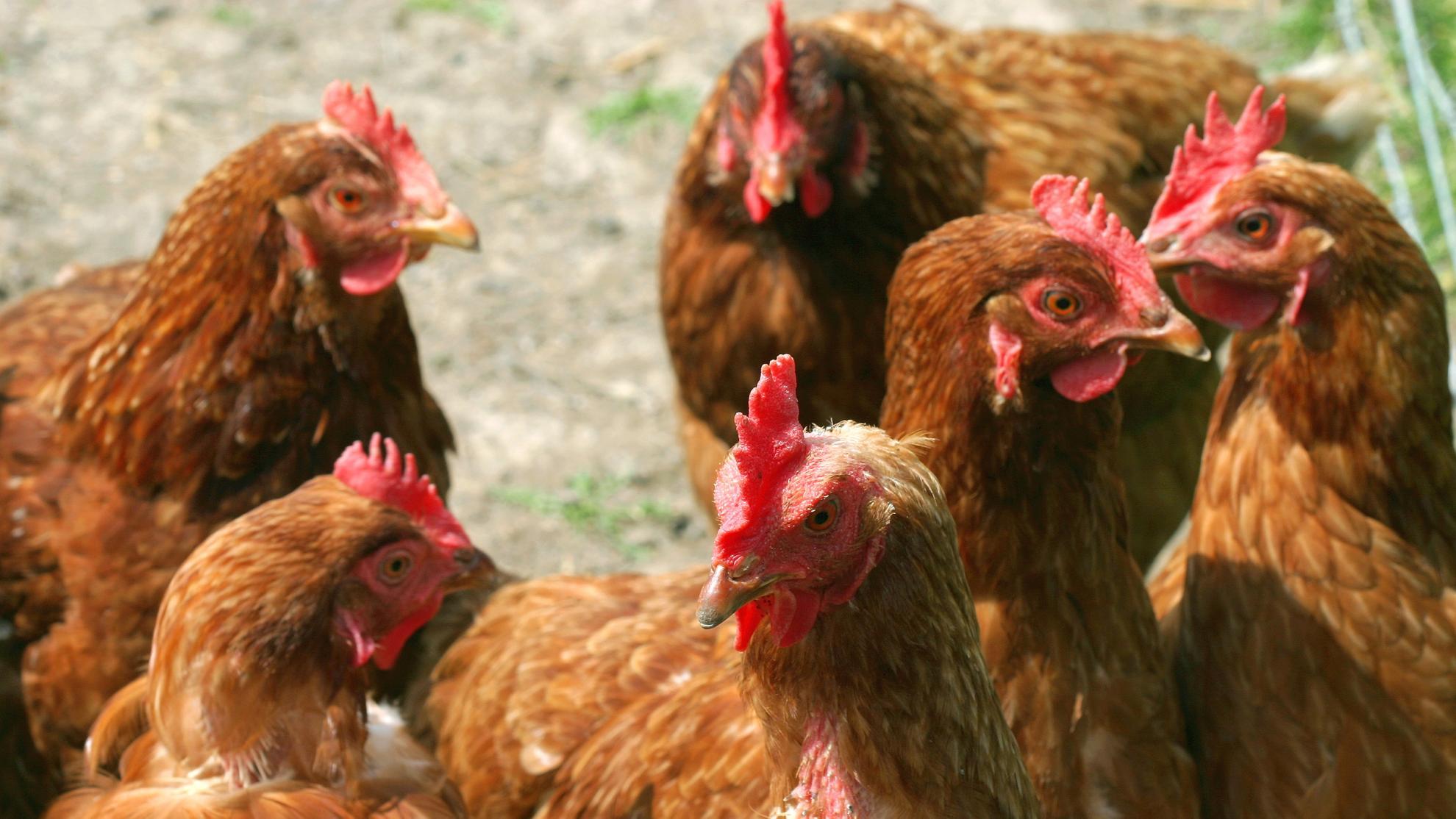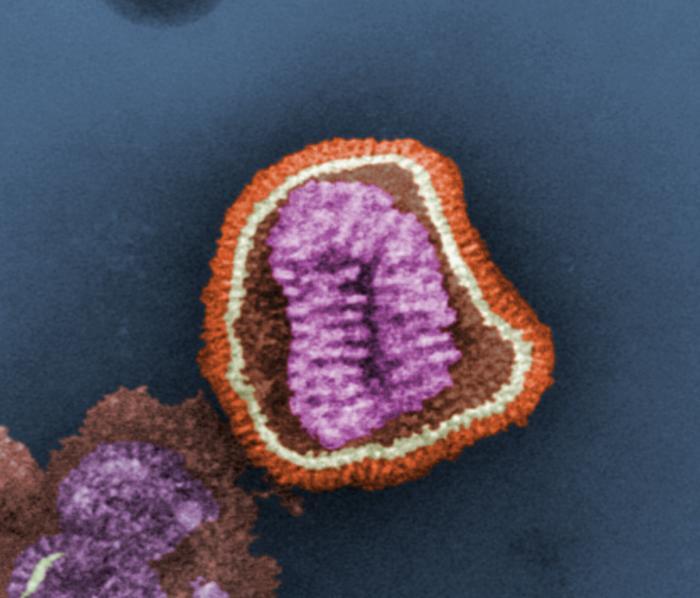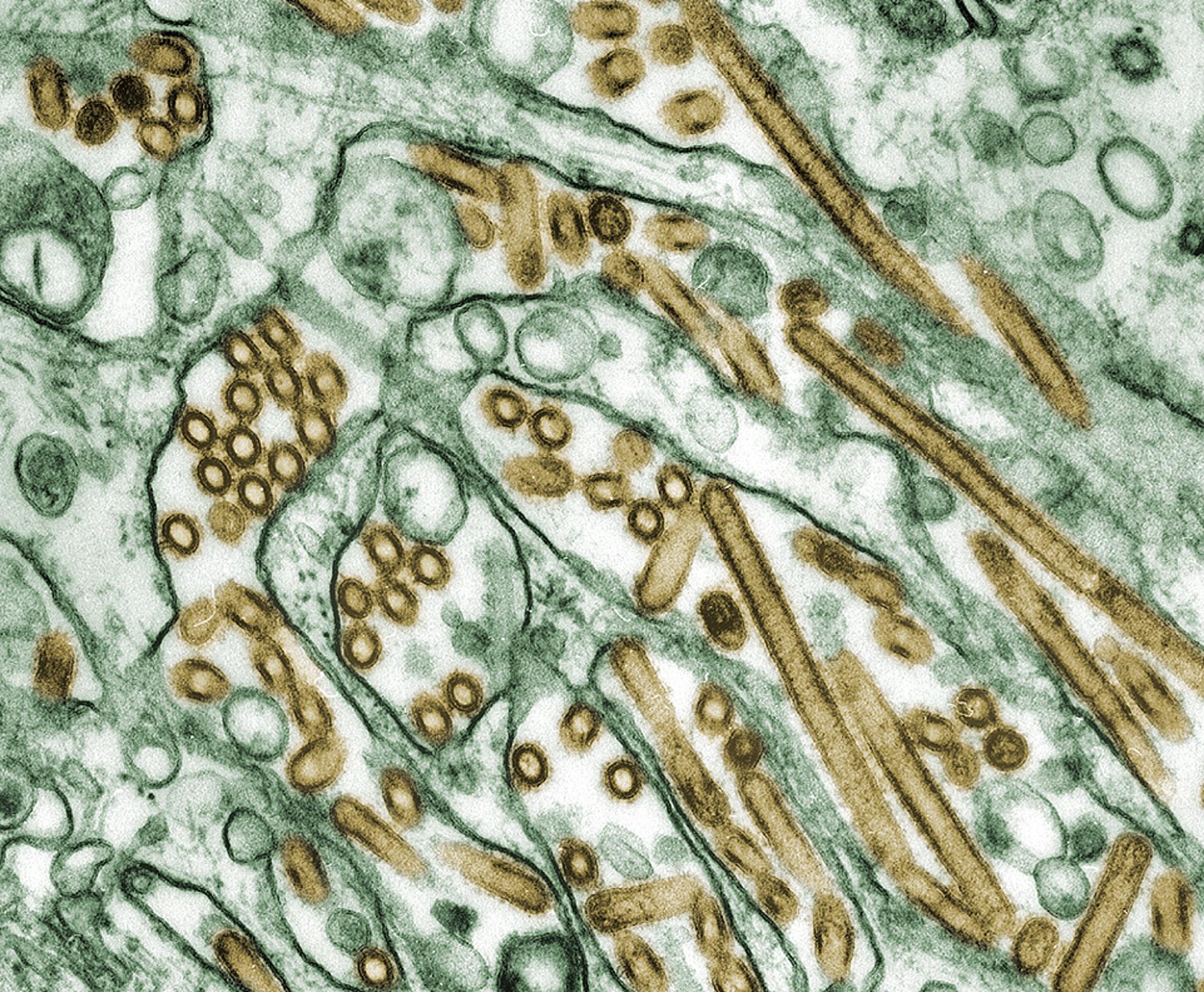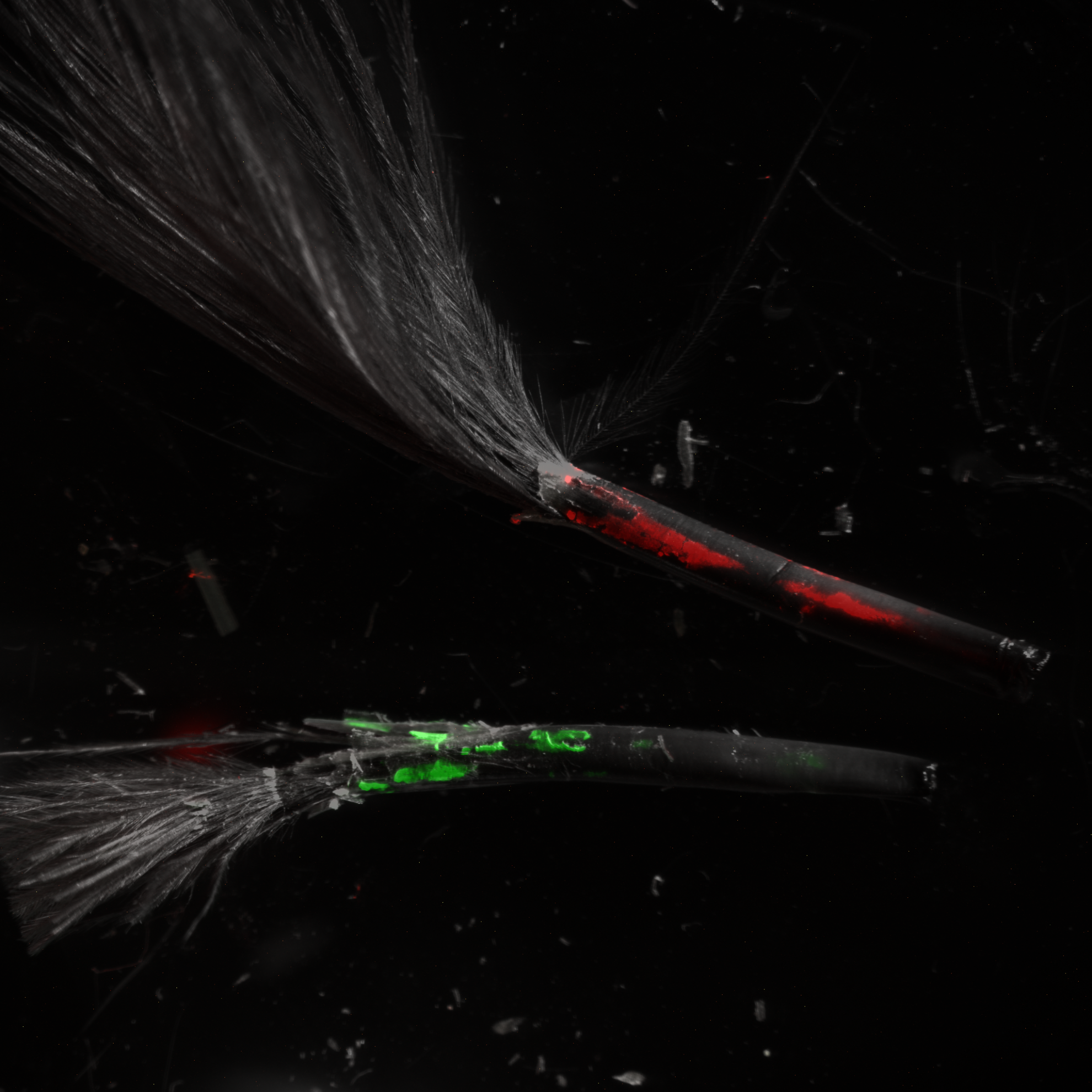Progress toward the development of polyvalent vaccination strategies against multiple viral infections in chickens using herpesvirus of turkeys as vector
Vaccination is the most cost effective strategy for the control and prevention of the plethora of viral diseases affecting poultry production. The major challenge for poultry vaccination is the design of vaccines that will protect against multiple pathogens via a single protective dose, delivered by mass vaccination. The Marek disease virus and the highly pathogenic avian influenza virus cause severe disease outbreaks in chickens. Vaccination with live herpesvirus of turkeys protects chickens from Marek disease and inactivated influenza viruses are used as antigens to protect chickens against influenza virus infections. We developed herpesvirus of turkeys (HVT) as a vaccine vector that can act as a dual vaccine against avian influenza and Marek disease. The HVT vector was developed using reverse genetics based on an infectious bacterial artificial chromosome (BAC) clone of HVT. The BAC carrying the HVT genome was genetically modified to express the haemagglutinin (HA) gene of a highly pathogenic H7N1 virus. The resultant recombinant BAC construct containing the modified HVT sequence was transfected into chicken embryo fibroblast (CEF) cells and HVT recombinants (rHVT-H7HA) harbouring the H7N1 HA were recovered. Analysis of cultured CEF cells infected with the rHVT-H7HA showed that HA was expressed and that the rescued rHVT-H7HA stocks were stable during several in vitro passages with no difference in growth kinetics compared with the parent HVT. Immunization of one-day-old chicks with rHVT-H7HA induced H7-specific antibodies and protected chickens challenged with homologous H7N1 virus against virus shedding, clinical disease and death. The rHVT-H7HA vaccine also induced strong and long-lasting antibody titers against H7HA in chickens that were vaccinated in ovo 3 d before hatching. This vaccine supports differentiation between infected and vaccinated animals (DIVA), because no influenza virus nucleoprotein-specific antibodies were detected in the rHVT-H7HA vaccinated birds. The rHVT-H7HA not only provided protection against a lethal challenge with highly pathogenic H7N1 virus but also against highly virulent Marek disease virus and can be used as a DIVA vaccine.
Back to publications



